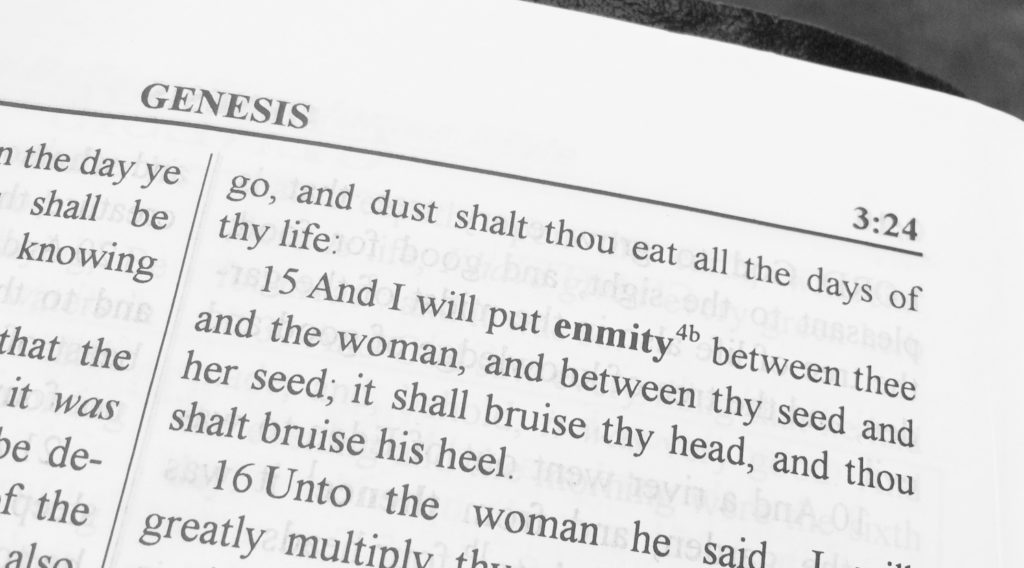We have already presented the first two truths in which we must believe about the human nature of Christ. We examined the wonderful teachings that he had a real and complete human nature. Now let us move on to the important truth that Christ had a sinless human nature.
That he had no sin is taught very clearly in Hebrews 4:15, this is also taught in Isaiah 53:9, Luke 1:35, and 2 Corinthians 5:21; However, Hebrews 4:15 raises the question of whether Christ was able to sin, for he was tempted like us in all things. In other words, does Christ’s impecibility mean only that he did not sin or could not sin?
- Some have said that Christ’s temptations can only be real if he could sin in his human nature.
- The fact that he did not sin is due only to the fact that he too is God.
- In the face of such teaching.
- We must emphasize the truth.
- Which he could not sin.
- We must remember that it is not a nature that sins.
- But a person.
- And Christ is one person.
- The Son of God.
- As a divine person.
- He could not sin.
- It was possible for him to sin in his human nature.
- That is to say that God could sin.
- Because personally.
- Even in our human nature.
- He is the eternal Son of God.
- This.
- We believe.
- Is one of the truths taught in 2 Corinthians.
- 5:21.
- Who says that he knew no sin.
- And in Hebrews 7:26.
- Which says that he was “holy.
- Innocent.
- Pure.
- Apart from sinners”.
The fact that Christ was sinless means that he did not have original sin, the sin that we have from Adam (Romans 5:12). In that sense, it was also flawless. The virgin birth of Jesus and the fact that God was his Father, also the Father of his human nature, ensured that of all the descendants of Adam, Christ was born only pure and holy.
Not only did he not have the original sin; He didn’t have a real sin either. Throughout his life, since his birth, Christ has never broken God’s commandments, never made a mistake (not infinitely), and never uttered a frivolous word that would not glorify God. He was perfect!
In short, therefore, his sinlessness means that he had no original sin, no real sin, and no possibility of sinning; therefore, as Hebrews tells us, he can be our Savior.
As a sinless person, he did not need to offer a sacrifice for his own sins first, but he was able to offer a perfect sacrifice on our behalf (Hebrews 7:27). Therefore, it could have been sinned in our place, that God’s righteousness might be done in him (2 Corinthians 5:21).
Christ’s impecibility is therefore a guarantee that his righteousness is perfect and that he is ours. Everything he deserved for his death did not need it for himself; acquired for us, that we were in need.
Download:

